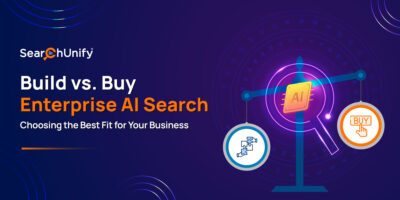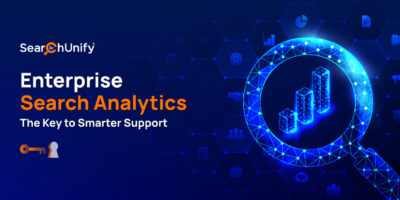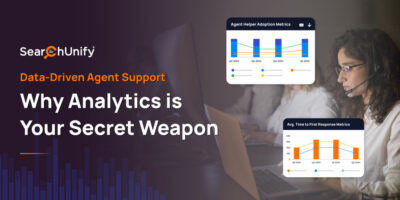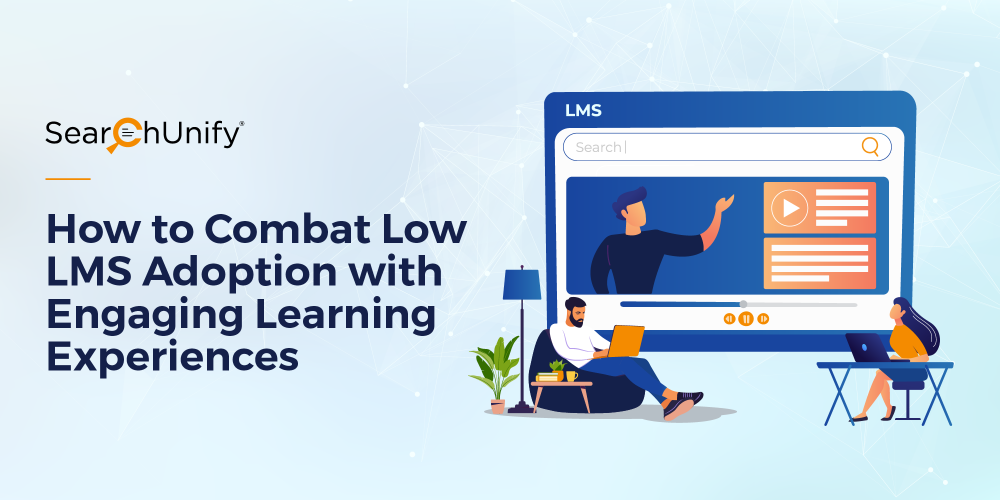
Imagine this.
The big day has finally arrived! After working incredibly hard for years, building trust and expertise, you have been assigned the herculean task of rolling out a large-scale training program for the entire workforce. The stakes are high, and so is the budget. You have already labored for a couple of weeks trying to get internal buy-in. With that out of the way, you now need an impeccable and successful execution to register a win.
You run quick market research to see that the LMS game has come a long way now. New technologies and tools are up in the market. You have two choices:
One, a traditional LMS that is more admin-focused, contains complicated navigation, and offers little to no personalization. This usually results in the loss of employee’s interest in learning very quickly.
Two, an LMS integrated with cognitive tech that unlocks intuitive UI, personalized recommendations, and an engaging learning experience that’s more in line with their roles & responsibilities.
With high stakes riding on the success of your strategy, what will you choose – an outmoded LMS or a next-gen LMS?
If you’re grappling with a similar dilemma, this blog post is for you! And in case you have already implemented an LMS platform but are not getting the employee adoption you want, I will suggest that you read ahead to see how cognitive technology can help.
It can breathe a new lease of life into your LMS portal. The best part is that you don’t have to worry about switching to a new LMS platform. You can integrate your existing one with cognitive tech as it leverages AI & its building blocks to fulfill all your LMS needs. Without further ado, let’s understand how it unlocks a richer and more personalized learning experience.
AI in LMS: Leveraging A Cognitive Platform for More Immersive Learning
“According to Markets and Markets, the global LMS market size is expected to skyrocket from $13.4 billion in 2020 to $25.7 billion by 2025.”
Many organizations have accelerated their rollout of LMS projects to build a learning culture for remote employees, owing to the pandemic. The adoption of emerging technologies like AI has taken learning platforms to another level. After all, AI is the backbone of suggestion engines and contextual content.
With a myriad of benefits, AI-assisted LMS caters to the organizations’ learning & training needs. Let’s find out how:
1. Harness The Power Of UI and Facets
To quote Gartner from the report “Market Guide for Corporate Learning Suites”,
“Place the learner’s experience and the solution’s usability at the top of the priority list for any new learning project.”
UI and UX of your LMS can make or break your users’ connection with their learning. After all, it is not just an event, but a journey of their needs and interests. A poor UX is the easiest way to discourage the learner and ruin their learning experience in seconds. Imagine encountering a sloppy interface while trying to find a relevant course. It can be pretty frustrating, right?
A enterprise agentic platform adds intelligent, faceted search to your LMS platform. It brings employees a step closer to relevant results by narrowing down the search results. Additionally, some advanced solutions ensure that the pre-selected facet stays intact even after conducting a new search, thus providing a smooth and better user experience.
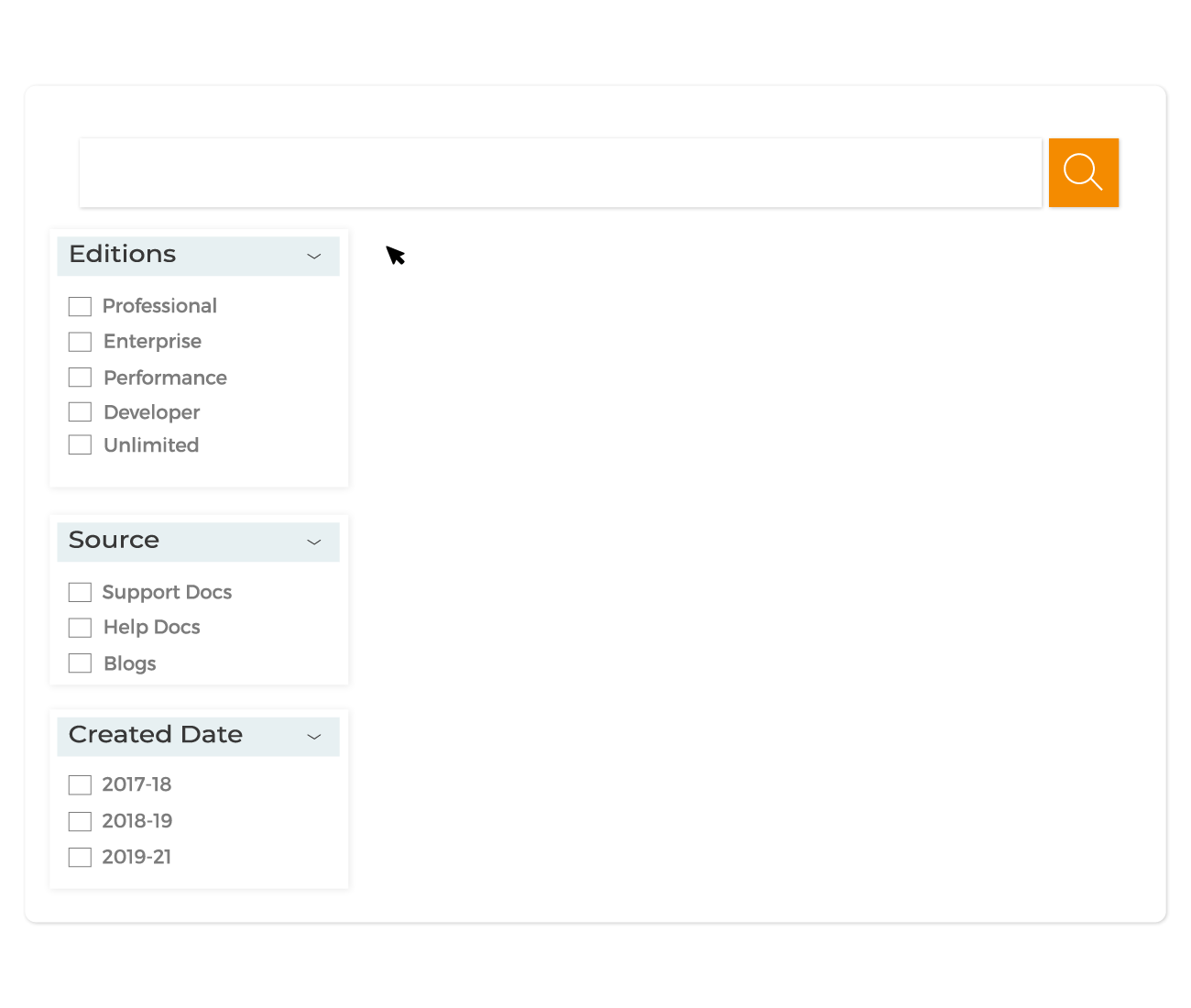
2. Cater Hyper-Personalized Learning Experience
Gone are the dark ages of no personalized recommendations. Modern times mandate personalization. Learners seek hyper-personalized learning experiences where they are suggested courses based on their profile, search patterns, history of courses studied, etc.
Thanks to the ML-infused suggestion engine, a enterprise agentic platform can automatically gather user data and patterns. It analyzes their behavior, preferred formats, and the modules they’ve interacted with to produce a rich pool of related content and personalized recommendations. This drives user engagement and adoption rates.
3. Leverage Real-Time Analytics
Real-time analytics is the weapon to measure what matters! They provide the management a comprehensive, holistic view of how a learner has performed throughout the module. Underpinned by the results, the management and learner can track whether learning and development targets are being met. Depending on the performance indicators, they can adjust the training programs too.
A enterprise agentic platform comes with intelligent monitoring and reporting functionalities that dig deep and identify a learner’s areas of strength and weakness. Based on this information, it recommends modules that need more attention.
4. Establish Effective Communication Through Chatbots
Different learners have different learning habits. While some prefer to study in the early mornings, others prefer the night. But what if the learners seek real-time guidance for their doubts? In times like these, intelligent chatbots come to the rescue.
Intelligent chatbots act as their virtual mentors to address and resolve the query in a matter of seconds. They can index multiple enterprise platforms to provide accurate responses to an employee’s questions. This ensures that the learners are engaged more than ever before.
Unlock the Full Potential Of Your Learning Platform Today!
AI-driven LMS has a long way to go before we see its ubiquitous adoption. Learn how SearchUnify’s enterprise agentic platform seamlessly integrates with multiple LMS solutions including Moodle, Appinium, Thought Industries, Skilljar, and more. Request a demo today!
You can also attend our upcoming live webinar on “Self-Service Learning: Creating the Positive Journey, Engagement, and Experience” where we discuss the best practices for developing a self-service learning strategy and maximizing its adoption and impact. Register here today!


